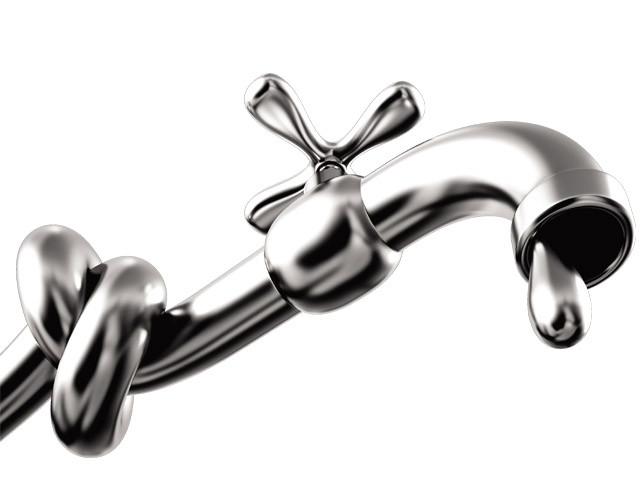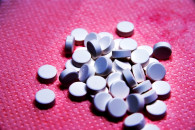Clean drinking water: Citizens can now report contamination concerns
Environmental Protection Agency issues notification specifying minimal water quality standards.

The Environmental Protection Agency on Thursday issued a notification specifying minimal water quality standards.
The Environmental Protection Department (EPD) can now start enforcing the laws strictly, he said.
Complaints can be filed with the EPD, city district government office, even with the area police. According to Zahid, those responsible will be taken before environment courts and tribunals.
An official of the City District Government Lahore (CDGL) said that it was the first time the department had been issued a set of standards for water.
Several CDGL officials said water quality in the city had become atrocious over the years due to disposal of sewerage and industrial waste into the city’s water supply.
The lack of enforcement regarding the dumping of waste in clean water was destroying ground water table.
Nadeem Iqbal of the World, a non-governmental organisation, said that due to the mixing of sewerage and drinking water in municipal supply lines were on the rise.
Muhammed Jahangir, a water expert, told The Express Tribune that the government of Pakistan had done the necessary legislation. He said it was now just a matter of implementation of the law.
Jehangir explained that the Clean Water Act passed during the previous government required a water sanitation plant in each union council of the country. “To my knowledge, some 500 to 600 water sanitation plants in all were installed, whereas according to the plan, the union councils were supposed to get a water sanitation plant each” he said.
He also said that under the Punjab Local Government Act, the TMAs had been given the responsibility to ensure water quality in the rural areas, and WASA in the city.
Gulberg TMO Abdul Sattar Ghaffar said that regulation of water quality had never been assigned to them. He said that it was solely the responsibility of the Food Department.
Chief food inspector Chaudhry Ayub clarified that Food Department only regulated the water that was sold in the market. For the municipal water supply, Wasa was to be held accountable.
A senior Wasa official said that several schemes were being developed but the problem was so widespread that it would require a long time. The water quality, he added, was being regularly monitored to set this right.
A Pakistan Council of Research in Water Resources (PCRW) document stated that from 2002 to 2006, the microbiological pollution of Lahore was seen at 43 per cent in 2002, 37 per cent in 2003, 43 per cent in 2004, 63 per cent in 2005 and 50 per cent in 2006.
The organisation was banned from publicly posting the water quality statistics, its officials claimed.
A high-level official at the PCRW said that organisation had been updating the declining water standards but objections had been raised against its works by organisations like Wasa. He said that a survey of 3,200 water supply schemes had revealed that 35 per cent of the schemes were currently non-operational.
Published in The Express Tribune, February 5th, 2011.



















COMMENTS
Comments are moderated and generally will be posted if they are on-topic and not abusive.
For more information, please see our Comments FAQ